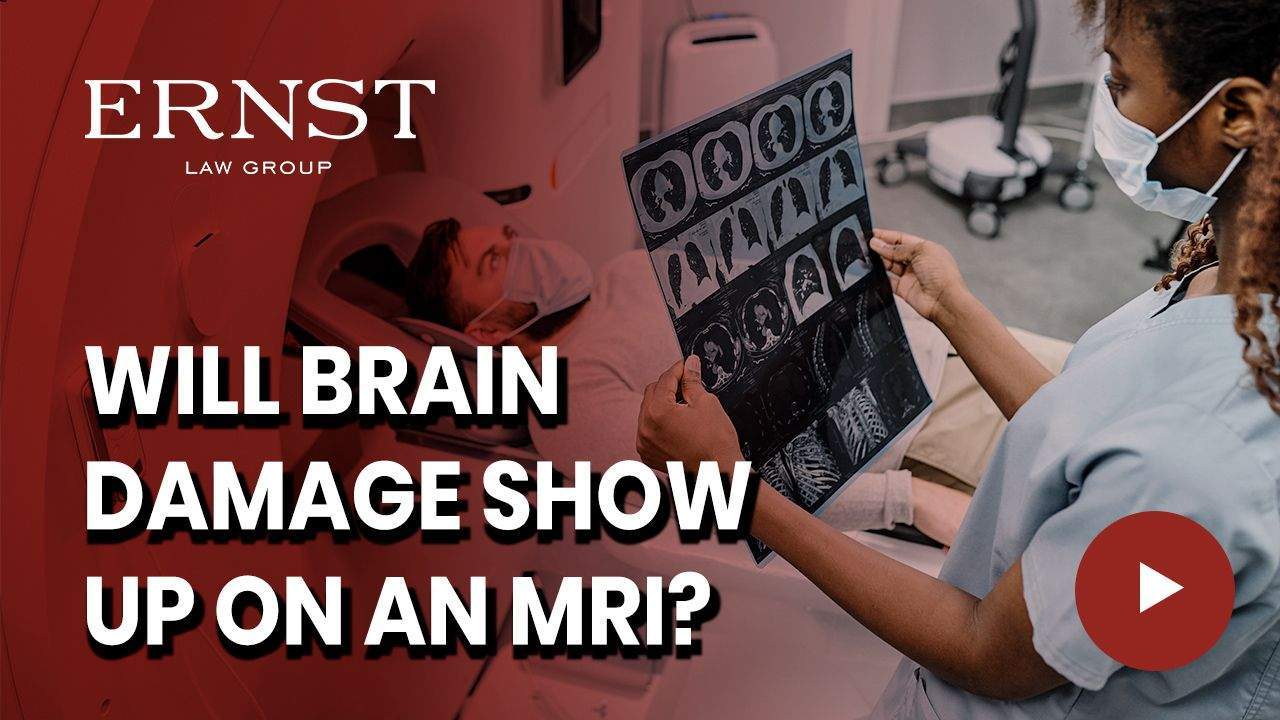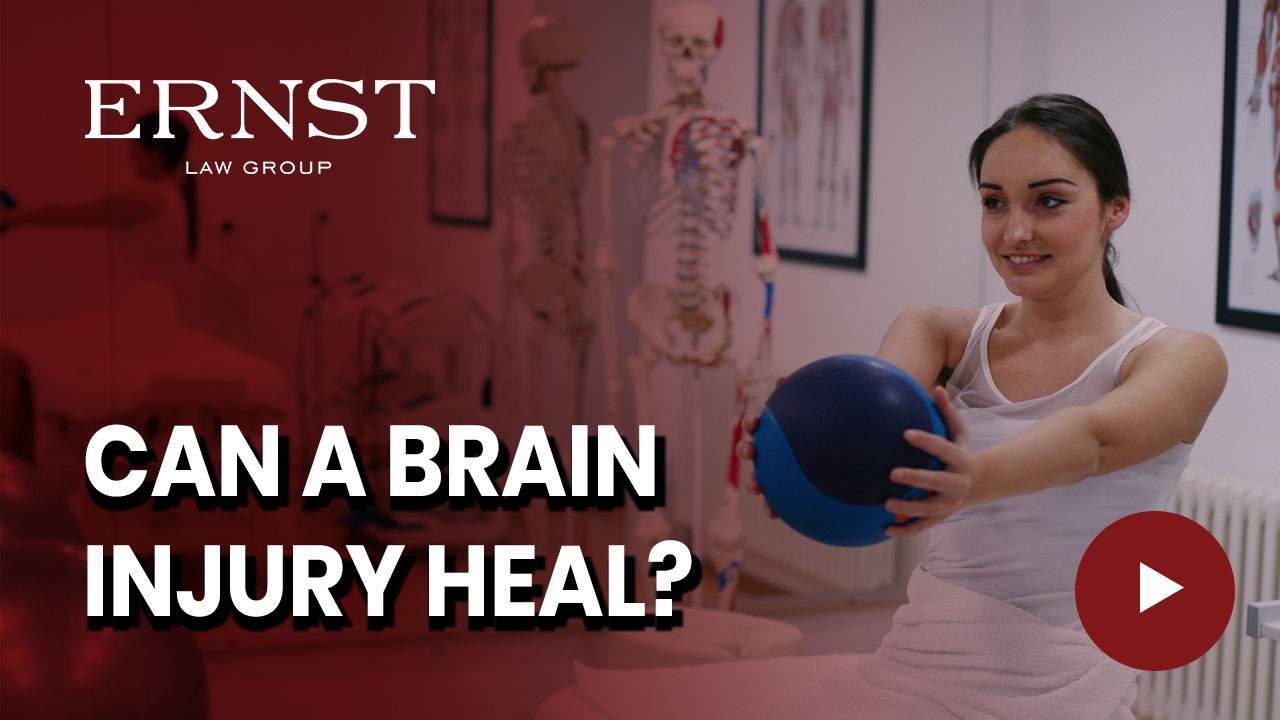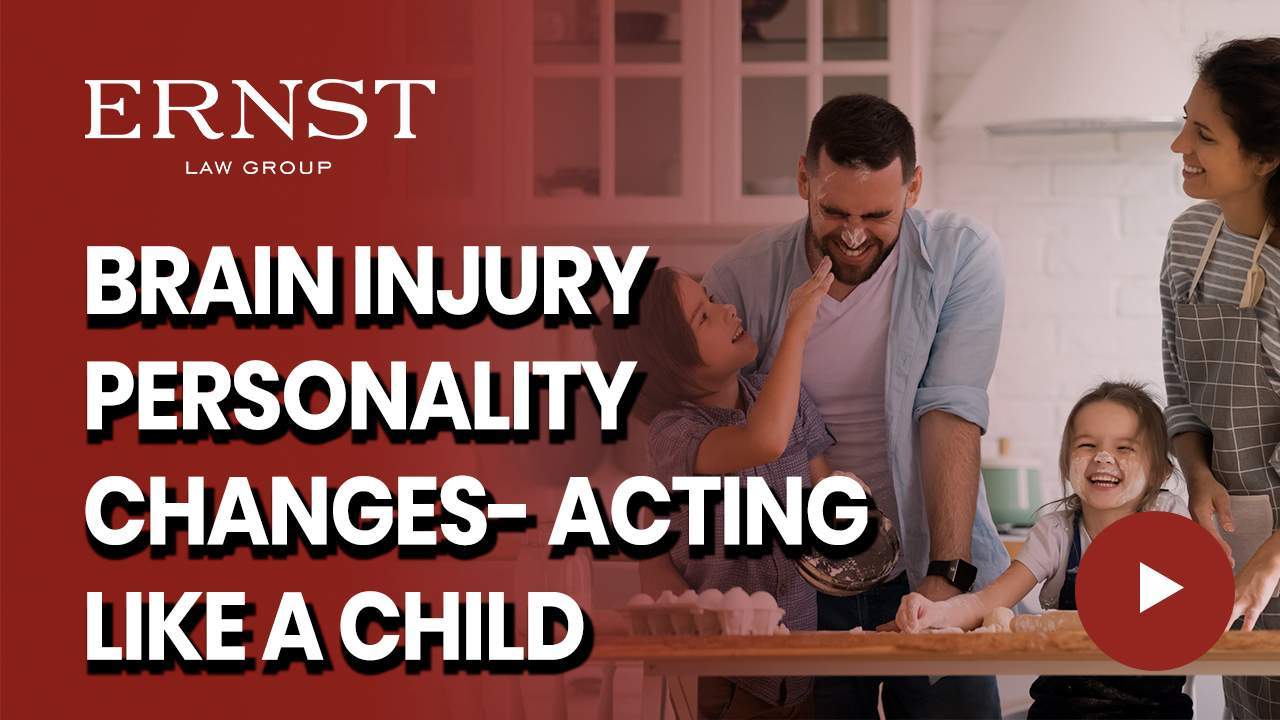Transcript:
I wanted to provide some terms for someone who’s suffered a traumatic brain injury. There’s a lot of terms that are thrown out and around in the medical context. You can Google them or look them up or this or that, but there’s some that I’d like to just share because it’s something that is regularly discussed and I think rarely understood, especially by the victims or their families, about what really is important with a traumatic brain injury and what terms you need to listen for and what the results mean. So first off, if there’s some type of traumatic brain injury, sometimes it’ll actually be called a concussion. Concussion, traumatic brain injury, they sometimes are looped together. Just because you have a concussion doesn’t mean you have a traumatic brain injury. But if you have a traumatic brain injury, it means you’ve had a concussion. So if they say, “Hey, you’ve got a concussion, or you have a mild traumatic brain injury,” or they say, “Hey, you’ve got post-concussive disorder,” all of those things are kind of lumped in the same category.
They’re also discussed as mild, moderate, and severe brain injuries. Those are kind of overarching terms that aren’t widely used anymore. Well, actually, that’s not true. Lots of doctors use them, but they don’t have an indication of long-term prognosis. Generally, you can always improve after you’ve had a brain injury. There’s what’s called brain plasticity, meaning it isn’t like you get brain damage and it’s permanent and you can never fix it. What it means is it’s a much harder to fix because certain parts of the brain called axons were sheared. Axonal shearing is what tends to cause the damage in a brain. Axonal shearing does not always show up on MRIs, and does not show up on CT scans.
So, I want to talk about those terms specifically. There’s two types of things that’ll be done when you go to an ER, generally, if you’ve got a traumatic brain injury or have a loved one that suffered one. They will sometimes do a CT scan. They’ll sometimes do an MRI. Within those two terms, the CT scan is basically looking for fractures in the skull or bleeding in the brain. The MRI is looking for other types of bleeding in the brain or hemorrhage in the brain. And they can both be negative, and somebody can still suffer a traumatic brain injury. Additionally, there’s two different types of MRIs. There’s a strength of an MRI, 1.5T MRI and a 3T MRI. 3T MRIs see much more than 1.5T MRIs. They’re literally twice as strong.
And so if you get a 1.5T MRI and they say, “There’s no findings,” that doesn’t mean there’s no brain injury. It just means they didn’t use as good of a scanner as they could have. Generally, you have to look at the medical records to determine what type of scan was used. The best way to determine ongoing care is really see what are the resulting symptoms that arise. Symptoms can show up for a couple of weeks. Sometimes even four to six weeks after the traumatic brain injury, new symptoms can continue to show up. The reason is the person’s brain is basically trying to adjust to what’s called the acquired brain injury. It means you didn’t have it from birth. All of a sudden, your brain has been harmed enough that it’s trying to deal with its new processes. So, acquired brain injury is one of the terms. CT scan. MRI, there’s 1.5T and 3T MRIs. Other things that need to be discussed are what’s called EEGs, as well as evoked potentials. These are also tests that are used to determine the nature and extent of the brain damage.
Just because somebody says, “Hey, there’s a moderate or severe brain injury,” doesn’t mean they’re not going to get better. That is the thing I really want to impart and say. Just because there has been a brain injury doesn’t mean there can’t be treatment that is designed to really fix it. And there’s a lot of different categories of treatment, neuro-psychologists, cognitive rehabilitation, post-acute brain rehabilitation. All of these things can be used in conjunction with people like neuro-ophthalmologists, neurologists, or functional rehabilitation doctors to really help provide the best ability once you know these terms to try and say, “Hey, my loved one really needs some additional help. Why can’t we get them to a functional rehabilitation doctor? Or why can’t we get them to a physical therapist that specializes in physical recovery after a brain injury?” This type of sticking up for the loved one is really important, and it will actually have very long-term impact of the quality of care you can get for the loved one if you know these terms. So, hopefully that helps.








